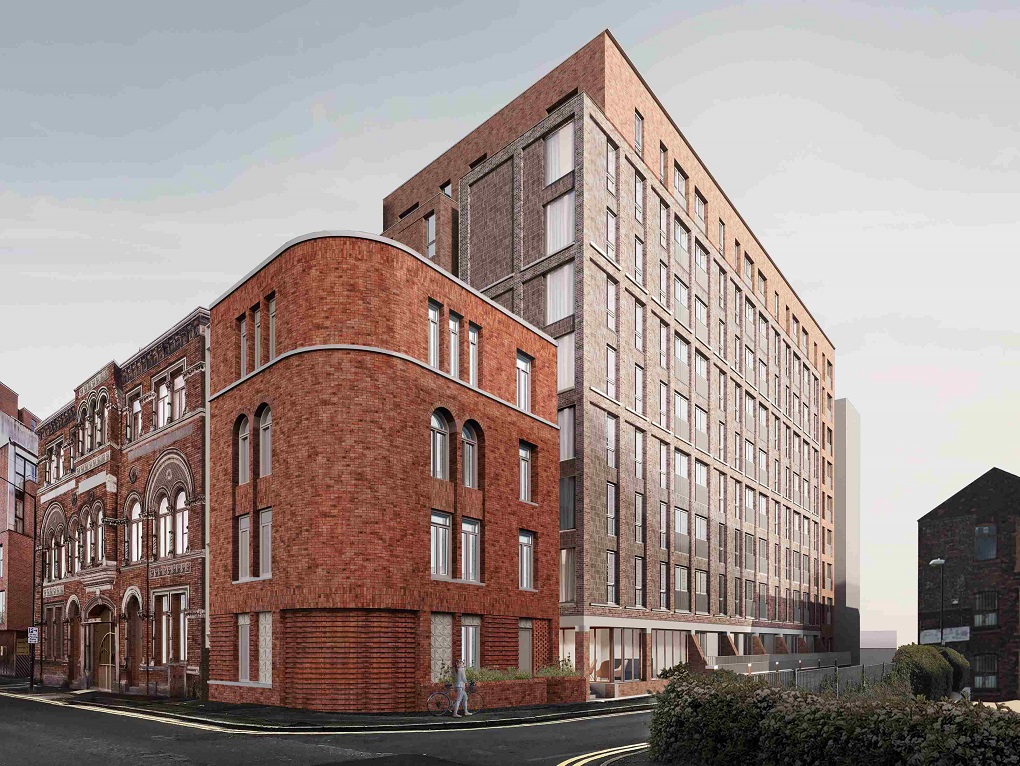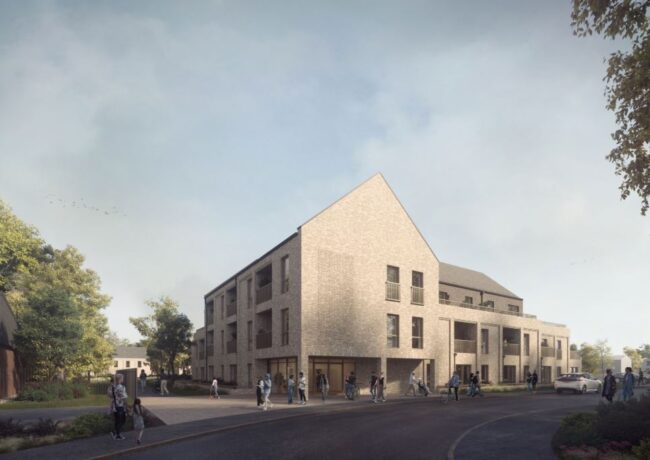VIDEO | Defining the cities of the future
The challenges and opportunities presented by smart cities were the core topics of discussion at a roundtable hosted by global design and technology firm IBI Group.
Held in IBI’s new Manchester office in the Dantzic Building, the panel delved into what the term “smart cities” means, examined the ways we’re already integrated technology in our urban spaces, and tackled the issues that are preventing the adoption of smart cities worldwide.
The discussion, which you can also watch on Place North West‘s YouTube channel, was hosted by Place North West deputy editor Julia Hatmaker.
The participants were:
- John Searle, strategic director of place at Salford City Council
- Phil Mayall, development director at Muse Developments
- Robert Wolstenholme, founder and chief executive officer at Trilogy Real Estate
- Dan Hyde, development director at MEPC
- Nicola Kane, head of strategic planning and research at Transport for Greater Manchester
- Phi Kim Ho, practice lead and technology systems architect at IBI Group
- Maja Nesdale, director at IBI Group
- Dominic Pozzoni, head of Manchester office at Colliers
Key talking points:
Phi Kim Ho: “I think ‘smart cities’ is about data and information that’s been taken, analysed and presented in a usable way, so that they can actually improve the human experience and harmonise the human experience between the physical world and the digital world.”
Phil Mayall: (Commenting on the large green wall on Muse’s future Eden office) “People think it’s a gimmick and it’s not. It’s actually technology that has allowed us to do it because it performs so many things as well as looking great on a brochure. That’s nice to have. The density of it means it’s a thermal mass to the building so it’s far more energy efficient. Technology allows us to capture the water and irrigate it at exactly the right rate and the biodiversity side of it – the biodiversity in our cities is one of our biggest challenges. That is right up there.”
Nicola Kane: “Transport is key – making sure people have access to those sustainable transport services. The transition away from a very car-dominated city is going to be quite painful. But also [we need to] think about how we lay out our cities to make them more accessible. I think things like the 15 Minute neighbourhood is a great way of kind of conceptualising that.”
Dan Hyde: “Local authorities need to be really courageous in terms of their committed plans to invest in [sustainable transport] infrastructures. Paris is leading the way in terms of their cycle routes. They’ve built 50 kilometres of cycle routes during the pandemic. They’re investing a billion Euros a year in the maintenance and creation of more cycle routes to become truly 15-minute cities where people can move around in a sustainable way.”
John Searle: “We’ve still got massive infrastructure issues, and yet one relatively small thing that I think has a substantial impact on all those things for me is about single ticketing. Having one ticket, Transport for London-style, that anybody can pay one price to use any of these modes of transport because they’re all different and they’re all unique to where you live or where you need to go. Quite often you need to use multiple modes of transport because the infrastructure’s not there yet.”
Dominic Pozzoni: “We need to be engaging with people, literally, teenagers who are at the cutting edge of IT… Mature folk can learn from the younger people. And that’s part of bringing the two different demographics together in a city centre, something that we should be looking at more so.”
Robert Wolstenholme: “We’re thinking more about de-smarting. Can you go with natural ventilation, rather than full air conditioning? Indeed, in the world of mental health, should we get people off their screen? Should it be parts of cities and buildings where there’s nothing smart – you can actually get some time off and time out just to chill. Maybe that should be part of smart cities.”
Maja Nesdale: “What are the technology advances that are happening that will really radically change the makeup of our cities?… Things like drone corridors, real automation of vehicles and corridors that will free up real estate that just doesn’t exist for us yet, and will free up whether that’s to increase the biodiversity of the open space or create great transport corridors. I think that’s what I’d love to see is just that real revolution of the city fabric through technology.”





Many thanks to Place North West and all panellists for a really valuable discussion and terrific points made. Thanks all!
By Fiona Barker